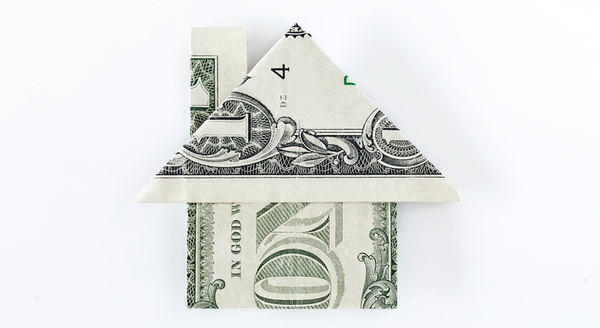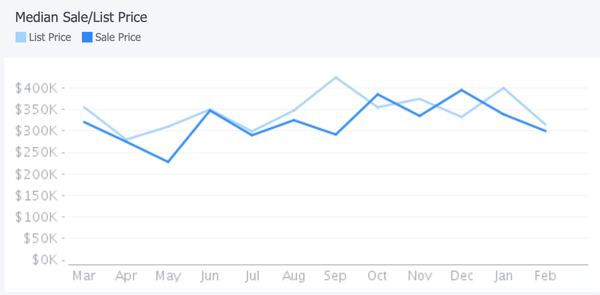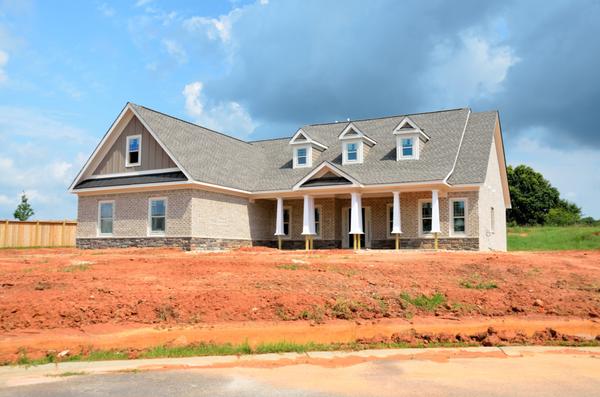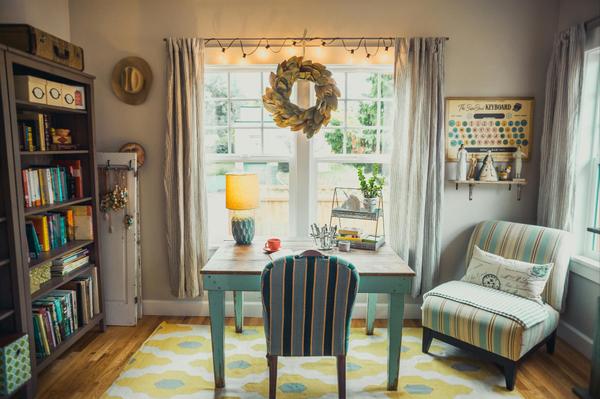The Pros and Cons of Investing in Multifamily Properties
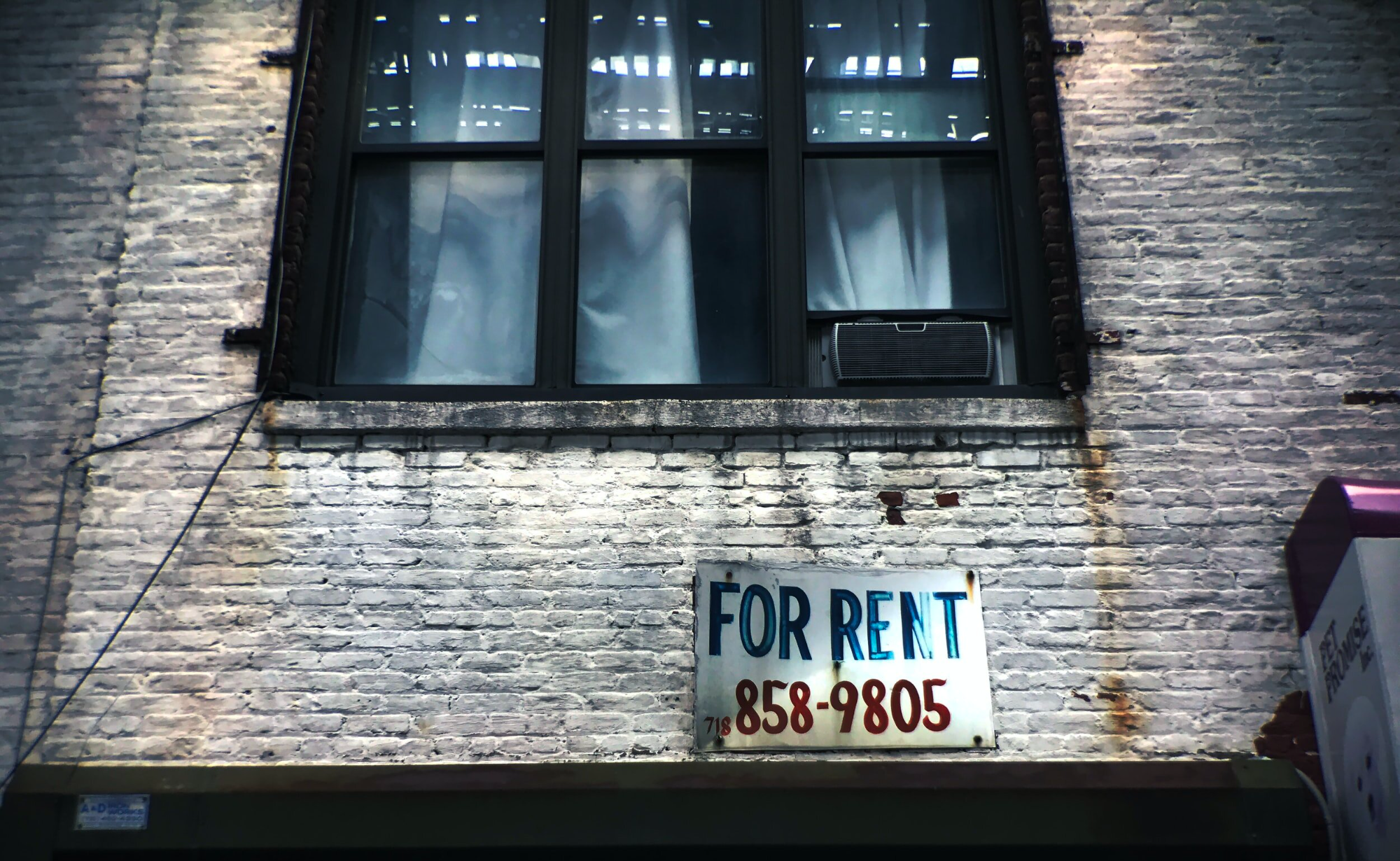
It all begins with an idea. Many people decide they want to invest in rental property but aren’t sure where to begin. A logical first step, for many people, is to buy multifamily property. In fact, purchasing a multifamily property can be an interesting first step onto the ladder for first-time homebuyers.
The basics are easy to understand: each unit needs to have a functioning kitchen, bathroom, and some combination of bedrooms and living space. Rentals typically run on month-to-month or annual leases using simple, straightforward paperwork.
But to be honest, multifamily property investing is not for the faint of heart. There will be challenges and there will be continual work involved. There are many pros and cons to consider.
A multifamily property is any property that has more than one living unit. The smallest scale multifamily properties are duplexes, with two separate units. Triplexes and four-plexes are the next step up, having three and four units each, respectively.
Two to four unit multifamily properties can be a great way for first-time buyers to dip their toes into the rental property waters, as they are typically financed by banks in the same way single family homes are financed. You can even use a government-backed FHA loan to purchase a multifamily property. Many buyers will begin by owner-occupying a small multifamily property. In other words, they’ll live in one unit and rent the other(s). There are many benefits to doing so.
For instance, owner-occupied properties can qualify for more advantageous financing with lower interest rates and less of a down payment. Any rental income will be taken into consideration when determining your buying power. By living on site, the owner/landlord can more easily manage and maintain the property. Many will choose to self-manage. This can save hundreds of dollars each month on property management fees.
Larger multifamily properties, those with five or more units, start to fall into the commercial real estate category, and are probably out of bounds for a first-time buyer or someone who wants to owner-occupy. Properties with 5+ units typically qualify for a different type of financing, which is usually more expensive than properties that are considered strictly residential.
PROS of purchasing a multifamily property

Cash Flow.
One of the reasons investors like multifamily property is for the cash flow it generates each month. Rents are predictable and in strong markets, units can be turned over easily and re-leased to ensure steady cash flow year in and year out. With the right property, the income from your tenants will cover your mortgage and running costs, effectively making the property pay for itself.
Appreciation.
Make no mistake, real estate is not a guaranteed investment. However, multifamily real estate is more resilient to economic downturns than commerical property or single-family homes. Real estate values ebb and flow, but over the course of multiple real estate cycles, values tend to continue their upward climb.
Lowered Risk.
Multifamily property is considered a relatively “safe” investment compared to other real estate.That’s because even during an economic downturn, people need somewhere to live. In fact, during a recession, many people find themselves forced to sell their homes and move into rental housing, instead. It can take a while for people to rebuild their credit after an economic downturn, which creates prolonged demand for multifamily property. Compare this to single family properties, for example, for which demand almost always decreases when the economy slows.
Tax Benefits.
Multi-family real estate comes with valuable tax advantages. If you use a mortgage to finance the property, you can then take a deduction for mortgage interest, which tends to be higher in the first years of ownership as the loan begins to amortize. Multifamily properties can also be depreciated over a 27.5-year period, even if the property technically appreciates in value. Depreciation can be used to offset a significant portion of the rental income collected each year. These factors can combine to create a favorable position for the property owner at tax time.**
Diverse Possibilities.
For example, you can choose newly-renovated properties or opt for a fixer-upper to immediately add equity. You can choose to purchase a small, family-oriented duplex or triplex. You can purchase a property near to a campus where student housing is in high demand. You can buy with the intention of renting on a traditional lease or you can invest in a property in an area that has demand on Air BnB or other short-term rental platforms.
CONS of purchasing a multifamily property
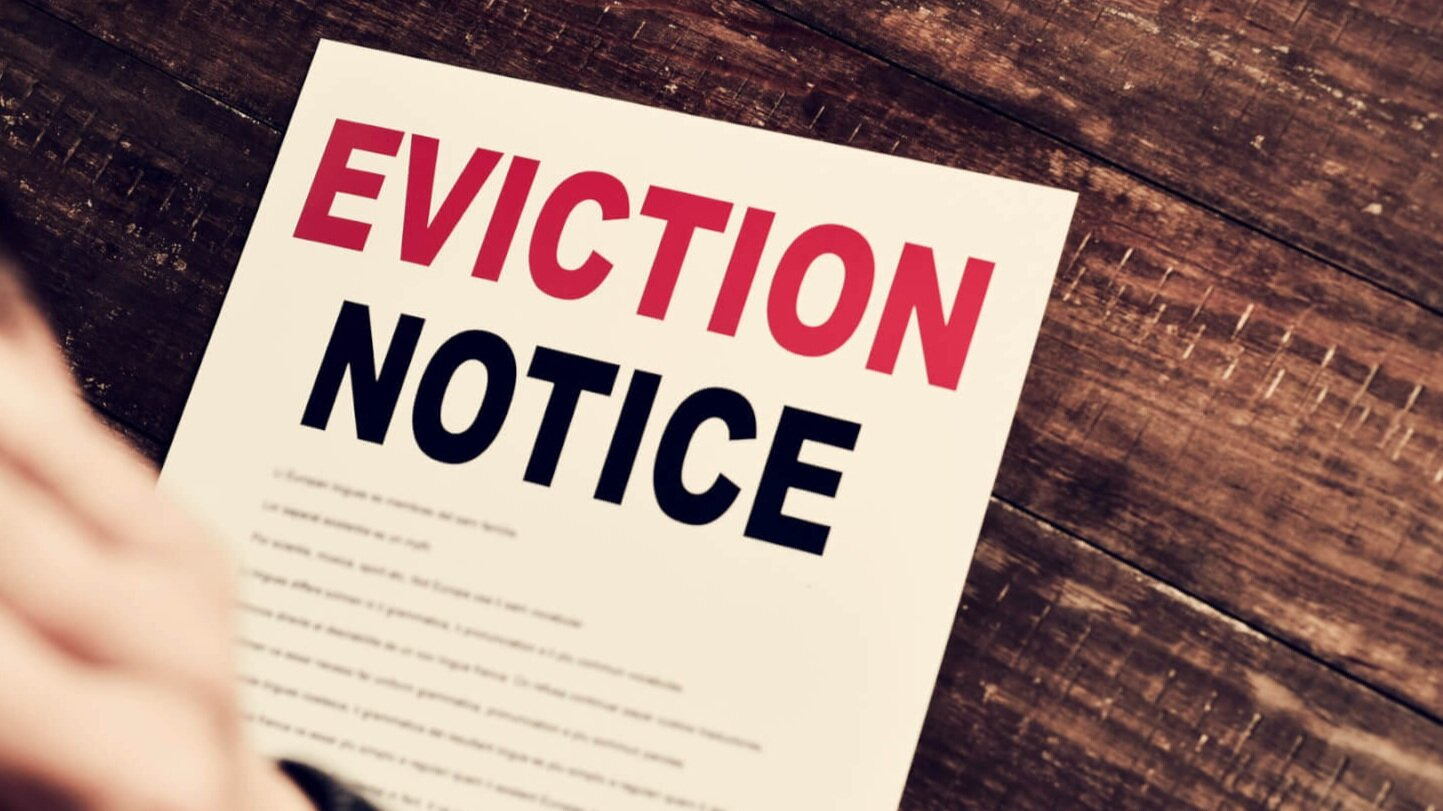
Management time.
Although you can opt to outsource your property management - everything from vetting tenants to handling repairs - to a company who specializes in rentals, you will lose a portion of your income in doing so. If you opt to manage the property yourself, you need to be prepared to deal with tenants who have repair and maintenance requests. If you are not skilled enough to make small repairs yourself, you will need to find a reliable handyman or contractor to work with. Likewise, you will need to schedule regular maintenance to keep the property in good condition so that you are not surprised by sudden failures of heating, plumbing, or other systems.
Maintenance Costs.
If you are living in a single-family home, you may be in a position to delay certain maintenance items until you are able to afford them. If you have tenants, you are legally required to keep your rental units in safe, livable condition. You will need to plan to replace appliances, have regular service performed, and keep the common areas of the property looking good.
Learning Curve.
Aspiring landlords will need to educate themselves about the legal and financial aspects of property management, lease agreements, and physical maintenance.
Bad tenants.
Landlording is not always fun. Sometime, tenants don’t pay their rent on time - however you still have a mortgage payment to make. Tenants can be inconsiderate of others or violate the terms of their lease. In the worst cases, tenants may damage your property. Evictions can be costly and take time. You will need to be aware of what your legal rights as a landlord are, and what rights your tenants are entitled to.
Conclusion
Multifamily properties are not for everyone, but for the right person they can be a savvy investment and a path to establishing wealth. I have only touched on the most basic issues here. If you are interested in exploring the purchase of multifamily properties further, please get in touch - I would love to help!
Categories
Recent Posts
